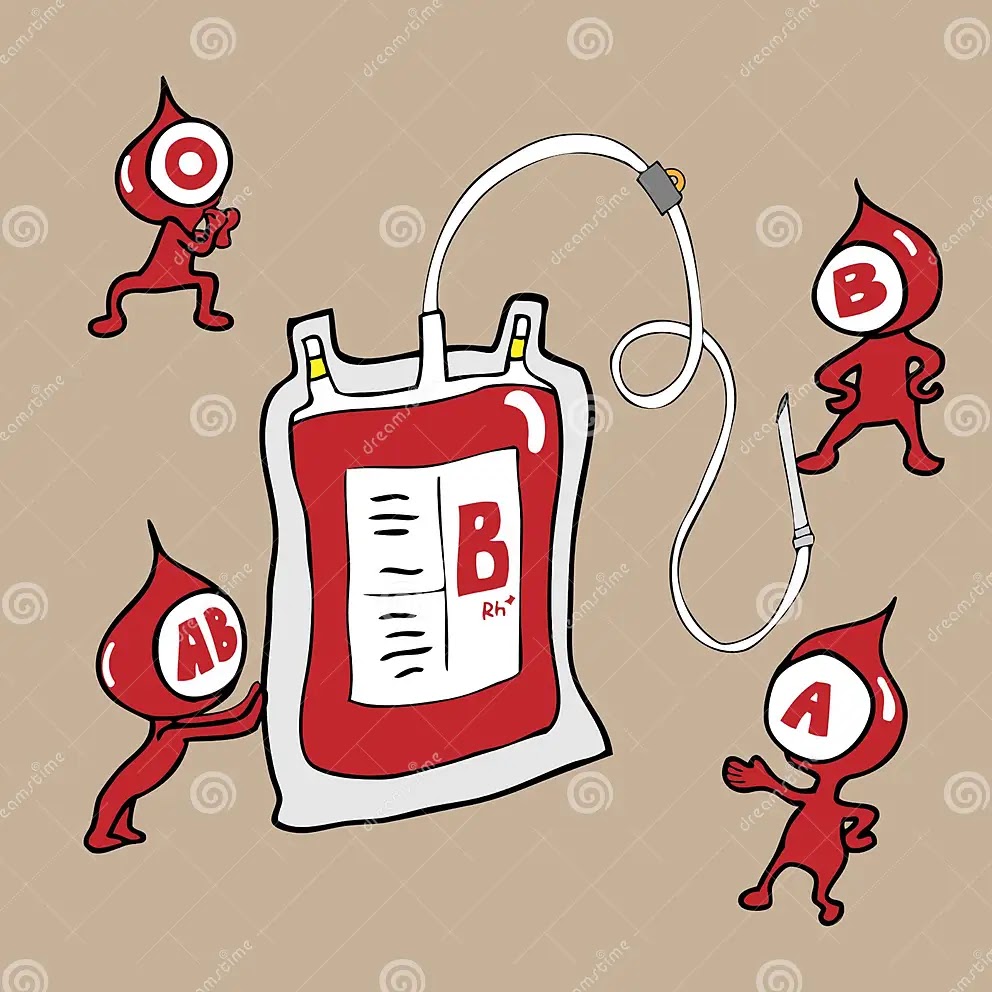Knowing your blood group is essential for various medical purposes, such as blood transfusions, organ transplants, and prenatal care. Understanding your blood group can also provide valuable insights into your overall health and potential genetic risks. In this article, we will explore the various methods to determine your blood group, its significance, and why it matters for your well-being.
The Importance of Knowing Your Blood Group
Your blood group is determined by specific antigens present on the surface of your red blood cells. The four primary blood groups are A, B, AB, and O, each characterized by different combinations of these antigens. Additionally, blood groups are further classified as either Rh-positive (+) or Rh-negative (-), depending on the presence of another antigen called the Rh factor.
Visit Your Healthcare Provider
The most reliable and straightforward method to determine your blood group is to consult with a healthcare professional. Your doctor will conduct a blood test, which involves taking a sample of your blood and analyzing it in a laboratory. They will then be able to determine your blood group based on the presence or absence of specific antigens.
Blood Donation Centers
Another way to find out your blood group is by donating blood. When you donate blood, the blood donation center will conduct tests on your blood to ensure it is safe for transfusion to others. As a part of this process, they will also determine your blood group. It's worth noting that while donating blood is a noble act, it should not be done solely to determine your blood group; only donate blood if you genuinely wish to help others.
Home Blood Typing Kits
Home blood typing kits are available for purchase at some pharmacies and online retailers. These kits typically come with detailed instructions and all the necessary tools to determine your blood group at home. However, their accuracy may vary, so it's advisable to verify the results with a healthcare professional.
Ask Your Parents or Family Members
Since your blood group is partially determined by your genetic makeup, you can also ask your parents or family members about their blood groups. This information can provide a clue to your own blood group, as certain combinations of parental blood types are more likely to result in specific blood groups for their offspring. However, this method is not foolproof, and getting a blood test done by a healthcare professional is still the most accurate approach.
Why Knowing Your Blood Group Matters
Medical Emergencies
In case of an accident or medical emergency requiring a blood transfusion, knowing your blood group can be crucial to ensure you receive the right blood type, reducing the risk of complications.
Pregnancy and Prenatal Care
Knowing both partners' blood groups is essential during pregnancy to determine potential Rh incompatibility between the mother and the fetus, which can lead to complications.
Organ Transplants
When considering organ transplantation, compatibility of blood groups between the donor and recipient is essential for a successful procedure.
Personal Health Insights
Some studies suggest that certain blood groups may be associated with an increased risk of certain diseases, making it relevant for understanding potential genetic health risks.
Conclusion
Discovering your blood group is a simple yet vital step in understanding your medical profile and safeguarding your health. While home blood typing kits may offer convenience, the most accurate and reliable method remains a blood test performed by a healthcare professional. Remember, knowledge of your blood group can be life-saving in emergencies and can aid in providing better medical care throughout your life. Always consult your healthcare provider for any medical concerns, including determining your blood group.






0 Comments